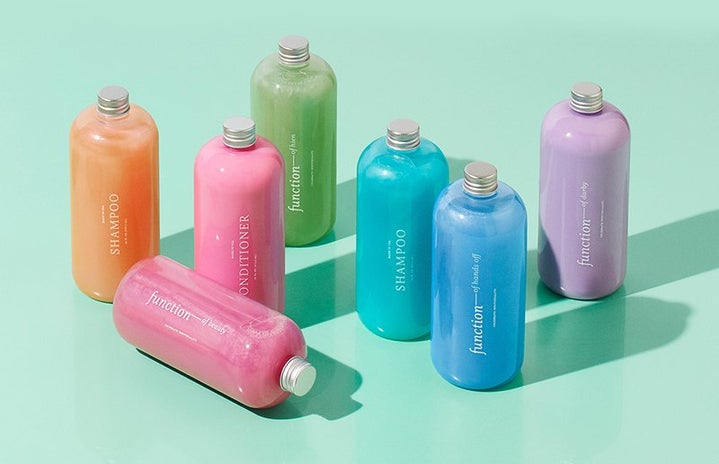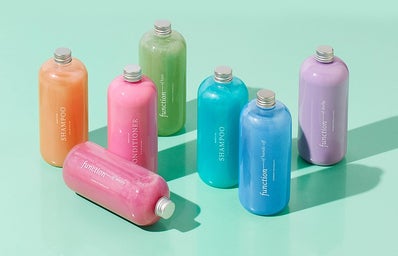Hey, you.
Yes, you! The person who’s reading this article right now!
If you haven’t already clicked out of this article, here’s a question for you to ponder: do you know about potentially harmful ingredients put into your everyday beauty products? If you do, that’s amazing and you’re one step ahead of the game. If not, then this is the article for you!
How many times have you gone to a store and picked your favorite or even new beauty product off the shelf without looking at the label? (I know I have at least a hundred times). You might answer, “never, because why would I need to?”.
And you’re right.
I mean, most products we find on shelves at our local retail outlets should be safe to use. However, that isn’t always the case. In fact, a lot of the brands we see on advertising while watching our favorite Netflix shows or watching a makeup tutorial contain harmful ingredients that affect us in ways we don’t even realize.
The first are parabens, a chemical compound found in soap, shampoo, conditioner, etc… If you have ever looked at the front of most cleansing beauty products, you’ll see it says “paraben free”. That’s because parabens have been linked to causing adverse effects to the human body, some even as extreme as cancer. Am I saying that if you use a body wash with parabens one night, you’ll get cancer the next day?
Of course not.
What I’m saying is that using paraben-based products poses numerous health risks and it’s important to note that genetics plays a big factor in health dispositions.
Fragrance is also another ingredient in beauty products that can negatively affect the body. Again, depending on genetics, it can cause skin irritation, headaches, and etc… However, not all products with fragrance are harmful. It’s one of those situations where you have to do a bit of research.
Now, you might be wondering, “well you’ve told me that essentially all the products I use are harmful to my skin, so what can I use?” It’s important to note that I’m not saying to throw out any product you own that mentions it contains fragrance, parabens, or even aluminum. The point of this article is to inform you of chemicals that are sometimes found in popular brands that you might use. You’ll be surprised to see that a lot of beauty companies are willing to transgress basic ethics for profit.
If you do decide that you want to avoid using products with harmful chemicals, your best bet is to do your research. Find alternative products or even support natural businesses. (I would advise to be careful because a lot of products or brands claim to be all natural, but they use the same chemicals in their products too).
DISCLAIMER: I am no scientist, I have no degree in public health, and I’m certainly not a science wiz. Everything I have said is simply the relay of academic articles I’ve read. But the most important point of this article?
DO YOUR RESEARCH!
And don’t forget to read the label on the back of your favorite beauty products. You too may be surprised to find that many of the brands you use contain harmful chemicals.
Rastogi, S. C., et al. “Fragrance Chemicals in Domestic and Occupational Products.” Contact Dermatitis (01051873), vol. 45, no. 4, Oct. 2001, pp. 221–225. EBSCOhost, doi:10.1034/j.1600-0536.2001.450406.x.
Donna Freydkin. “Beauty Is Skin-Deep, so Read the Labels.” USA Today. EBSCOhost, search.ebscohost.com/login.aspx?direct=true&AuthType=sso&db=a9h&AN=J0E398982078008. Accessed 19 Oct. 2021.
Anderson, Claire. “Natural Body Care.” Mother Earth News, no. 208, Feb. 2005, pp. 120–125. EBSCOhost, search.ebscohost.com/login.aspx?direct=true&AuthType=sso&db=a9h&AN=15589866.
Morgan, Lily. “Most Beauty Products Today Contain Synthetic Chemicals.” Nutrition Health Review: The Consumer’s Medical Journal, no. 103, July 2010, p. 16. EBSCOhost, search.ebscohost.com/login.aspx?direct=true&AuthType=sso&db=a9h&AN=56584715.

